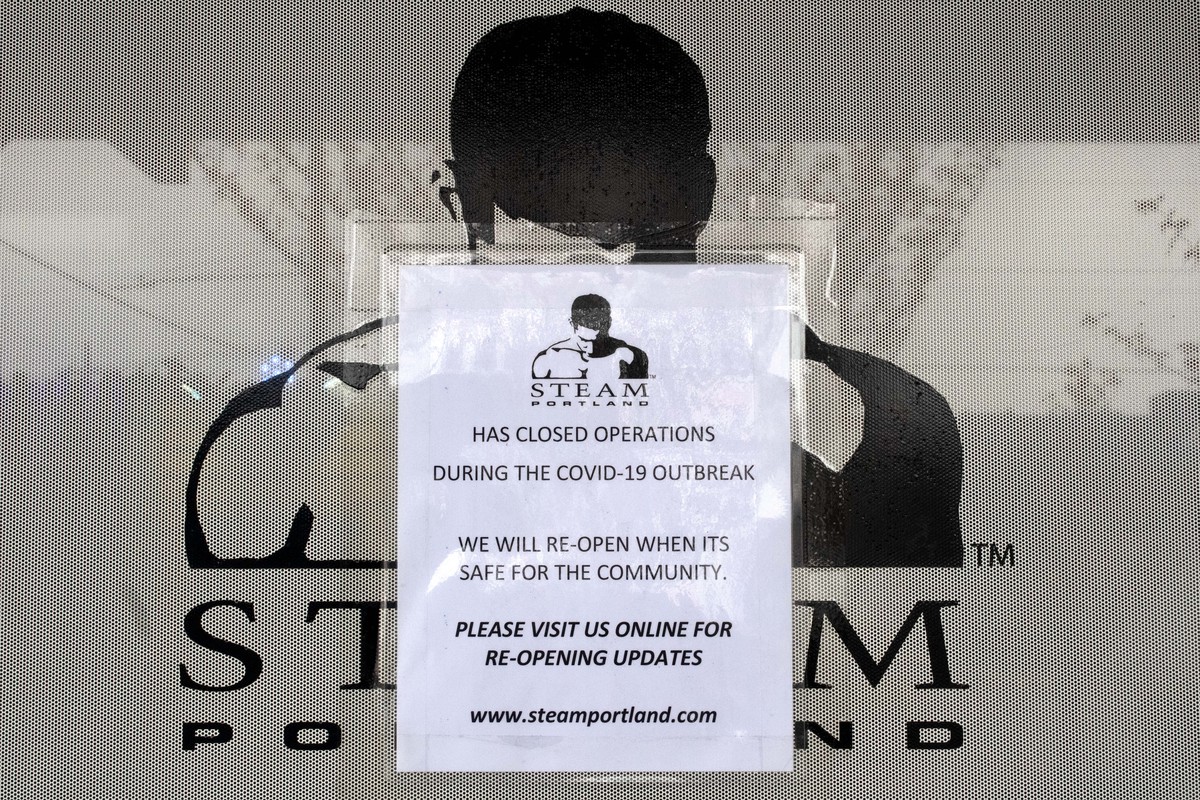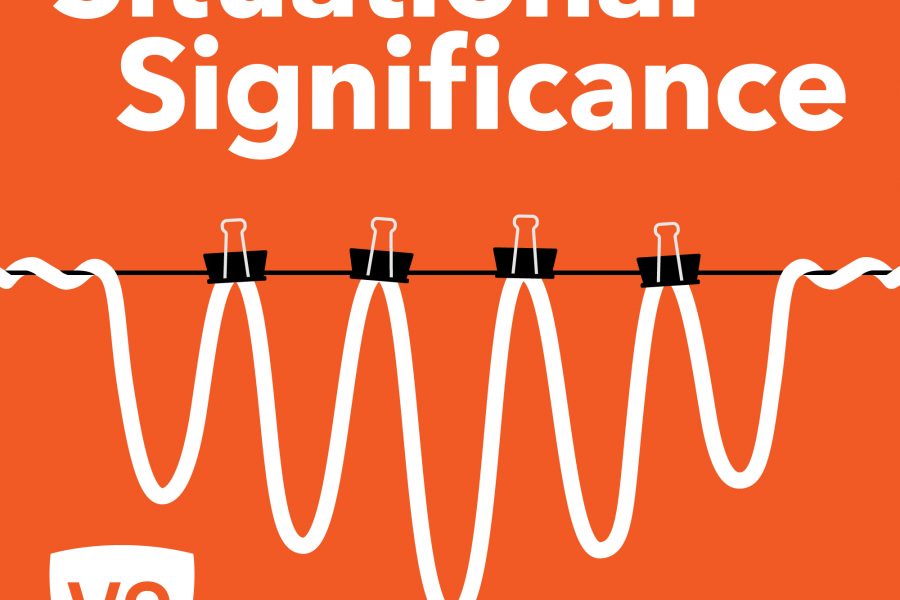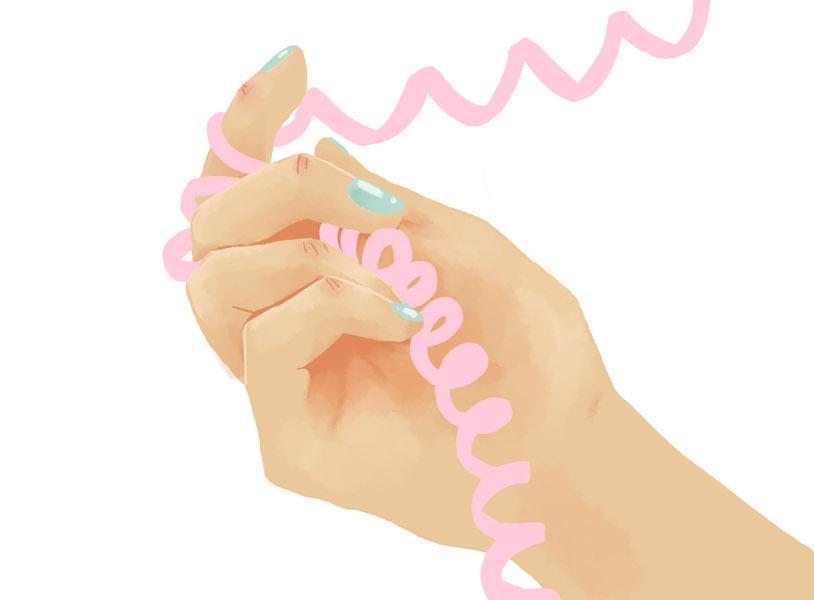As COVID-19’s impact ramps up in the United States, Portland-area adult businesses and workers are bracing for a long isolation and closure period for closure businesses. With Governor Kate Brown declaring a stay-at-home order for non-essential businesses, adult-oriented establishments are having to close and are taking a wait-and-see stance toward future reopening. Workers, meanwhile, are facing precarity, as their businesses or performance venues are closed.
Steam Portland is a 17-year-old business on Northeast Sandy Blvd. Steam is a bathouse that caters to queer men, providing a space for sex and fetish acts with a constantly rotating clientele. As a result of this necessary close contact, Steam was among the first businesses in Portland to close, due in part to the erratic nature of Governor Brown’s announcements regarding the stay-at-home order.
“We actually closed for member safety shortly before the actual announcement was made,” said David Pettit, general manager of Steam. Pettit noted they get the same information as everyone else in the same way—through the press. State agencies did not reach out to businesses, which left managers like Pettit to turn to the news.
Steam’s closure, like the closure of many strip clubs, has impacted the club, but according to Pettit, as an adult business focused on being a meeting—and sometimes performance—space, they have low overhead. In Steam’s case, employees were sent home and Pettit worked with them to ensure they had unemployment payments coming in for the duration of the closure. Pettit also said he plans to clean the entire establishment, though as a bathhouse this is already standard procedure. By the time they do reopen, Pettit said the virus’s lifespan will have been long since passed, meaning cleaning will be doubly effective in this regard.
Steam is not the only bathhouse to close. Hawks PDX lists their closure on their website, and multiple other clubs have done the same. Strip clubs, whose performers rely on tips they receive from dancing, have also closed, leaving them in a precarious position.
Some clubs have improvised, taking advantage of their food service capacity to become delivery and take-out spots. One strip club even went so far as to make their staff into a delivery service cheekily called Boober for a time.
Performers at queer clubs, however, are given less stability than straight clubs.
“We were told everything was fine leading up to it,” said Portland rapper and club dancer Toño. “We even checked in daily to make sure the venue was still gonna be open, but I guess on that last Saturday on the night before Werk Your Body they were dead.”
Even so, Toño noted the closures were not a surprise.
“Everything else hasn’t caught me off guard, I mean we’re in a pandemic,” Toño said.
While the U.S. waits for this pandemic to eventually pass, venues have struck a hopeful tone regarding the future. Messages of hope have accompanied notices of closure, with businesses announcing that they are closing, but expressing their desire to see their clients safe and healthy.
Hawks PDX, a bathhouse in Portland’s Central Eastside neighborhood, closed several days prior to the required close date for non-essential businesses. Like Steam, it recognized the difficulty in keeping patrons more than six feet apart. Even amid this complicated health crisis, its tone remained positive.
“Be well, stay safe, wash your hands, stay home when you can, practice social distancing and take care of each other,” a message on the Hawks PDX website reads.
Pettit was similarly hopeful, and like Hawks PDX, very aware of the need to protect club members at this time.
“We’ve received much love from the community and our members for doing the right thing closing and waiting this out until it’s all safe,” Pettit said. “When the day comes that we can open the doors again we can’t wait to see all our members again. We have so many regulars that not seeing them on a daily basis as well is hard. They’ve become part of our daily lives as well.”
In spite of this difficulty and sense of longing, Pettit had a message for the public.
“To all, have faith we will return,” Pettit said. “But not until we are 100% sure it’s safe for everyone—members and employees.”






